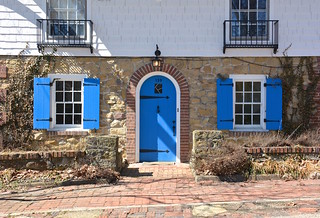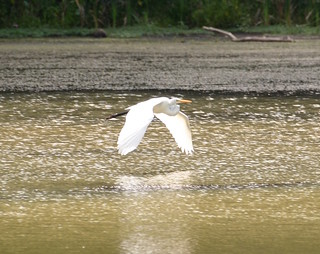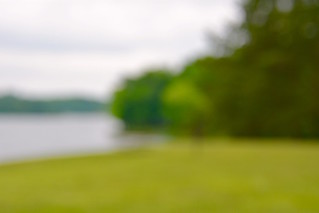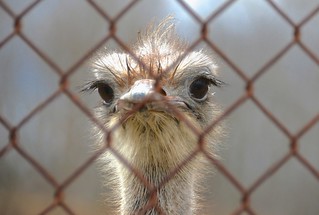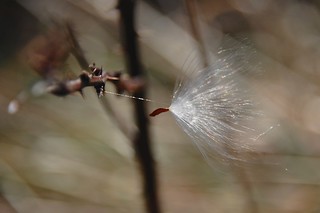“Let us pray,” the minister says, and the heads all bow.
I watch them, in all their gray-haired, frail beauty. I am glad we are sitting toward the back of the funeral parlor. It has always struck me that there is something very touching, very tender-making, about the back of old people’s necks. The flesh is leaner there. I remember my granddad’s neck, the valleys worn deep between tendons, two-fingers’ width, or so I see him in my memory. Everything winnowing away with the years. As if every funeral, every loss, takes another piece from them, makes it harder to bear the weight of their heads.
They are all beautiful. I can’t tell you how touched I am by their beauty, how it has carried them here, in their old, beaten bodies, how it has bowed their heads just now, as one.
I am here, and separate, too. My husband takes my hand. We are separate, together. We don’t pray, though a part of me would like that comfort, to be part of the swell of tears. Well. I am part of that, anyway. I squeeze Paul’s hand. The minister speaks of another Paul. And Lazarus. And David. And too many names, really. We all want to wrap Death in stories. He is not such an alien to us then.
Her name was Mary.
Just Mary.
And she was my godmother. I still don’t know what that word means. What it entails, exactly. We were nothing alike, for one. But I loved her. That’s how family is supposed to work, I guess. Share a room with someone, be invited into their home often enough, and those commonplaces become a house that holds you, long beyond the shortcomings of who you are today. You can’t escape family, even when you try. That house is a burden, but it’s your burden. It’s your own scripture, kept in your back pocket, filled with names and begets and trespasses and forgivenesses. Stuffed with guilt and regret, and mystery, too. Feel the weight of it in your hands. It’s a load, an anchor. It can’t be left. The absence of it would be a ghost that sits on your chest at night, waking you from dreams.
There is a song playing now. An awful, saccharine hymn. I cry, anyway.
Mary played the organ for her church. She played effortlessly. She must have played this song many, many times. She did everything she tried well. She was a champion of knowing what was incumbent of her. I look briefly into the minister’s face as he takes my hand in his. We smile, tightly. It is awkward, and human. We don’t know each other at all, but here we are, stuck in protocol’s receiving line. Then I am free.
The old people file out, slowly. I assume, because Paul and I are already gone. Waiting, in the car, for the ride out to the cemetery. His hand is still in mine.
I’d rather remember them all right there, anyway, with their heads born down, in unison, as if a load had been lifted from them. As if Grace were always that simple.

